Levothyroxine Sodium 25 mcg for Cats: Comprehensive Guide to Indications, Dosage, and Benefits
Levothyroxine Sodium is a synthetic form of the thyroid hormone thyroxine (T4), which plays a crucial role in regulating metabolism, energy, and overall growth in mammals. For cats, hypothyroidism—where the thyroid gland fails to produce adequate thyroid hormones—is a rare but serious condition that can lead to lethargy, weight gain, poor coat condition, and other metabolic disruptions. Levothyroxine Sodium 25 mcg for Cats is often prescribed to manage this condition, restoring thyroid function and significantly improving the cat’s quality of life.
What is Levothyroxine Sodium 25 mcg for Cats?
In this condition, the thyroid gland does not produce enough hormones to regulate the body’s metabolism. Levothyroxine acts as a replacement for the natural hormone, helping to normalize thyroid levels and restore proper metabolic function.
Though hypothyroidism is rare in cats, it can occur due to several factors, including thyroid gland disease, autoimmune conditions, and iatrogenic causes (e.g., after radiation treatment for hyperthyroidism). Levothyroxine Sodium 25 mcg provides a low, controlled dose of thyroid hormone that helps restore balance and alleviate symptoms.
Indications for Levothyroxine Sodium 25 mcg for Cats
1. Hypothyroidism in Cats
Hypothyroidism occurs when the thyroid gland fails to produce sufficient amounts of thyroid hormones (T3 and T4), which are essential for regulating metabolism, energy levels, and body temperature. In cats, this condition can be caused by:
- Thyroid gland damage: Surgical removal of the thyroid gland or radiation therapy for hyperthyroidism may result in hypothyroidism.
- Congenital hypothyroidism: Some cats are born with underdeveloped or non-functional thyroid glands.
2. Clinical Signs of Hypothyroidism in Cats
- Lethargy and Weakness: Cats may appear tired, sluggish, and less playful than usual.
- Poor Coat Condition: The fur may become dry, brittle, and sparse, leading to excessive shedding and hair loss.
- Cold Sensitivity: Cats may seek warmer areas, as hypothyroidism lowers their tolerance to cold temperatures.
- Slow Heart Rate (Bradycardia): The slowing of metabolic processes can also affect the heart rate.
Benefits of Levothyroxine Sodium 25 mcg for Cats
- Improves Energy Levels:
- By normalizing thyroid hormone levels, Levothyroxine boosts a cat’s energy and reduces symptoms of lethargy, allowing them to be more active and engaged.
- Supports Weight Management:
- Levothyroxine helps regulate metabolism, aiding in weight loss or weight maintenance, particularly in cats who have gained weight due to slowed metabolism caused by hypothyroidism.
- Enhances Coat and Skin Health:
- As thyroid function is restored, cats often experience healthier, shinier coats with less shedding and improved skin condition.
- Boosts Overall Vitality:
- Levothyroxine contributes to improved overall well-being, including better appetite, increased interest in play, and overall vitality.
- Long-Term Management:
- Levothyroxine Sodium is a long-term solution for managing hypothyroidism in cats, ensuring consistent thyroid hormone levels and preventing recurrence of symptoms.
- Improves Temperature Regulation:
- With proper thyroid hormone levels, cats become more resilient to temperature changes, making them less sensitive to cold.
How Levothyroxine Sodium 25 mcg Works in Cats
When administered, it is absorbed into the bloodstream and converted into triiodothyronine (T3), the more active form of the hormone. T3 plays a significant role in regulating various bodily functions, including:
- Metabolism: T3 and T4 regulate the rate at which cells produce energy and perform essential functions.
- Growth and Development: Proper thyroid function is vital for the growth and development of tissues, particularly during growth phases and after injury or illness.
- Temperature Regulation: Thyroid hormones influence heat production and thermoregulation, so they are essential for maintaining body temperature.
By supplementing the thyroid hormone levels in cats with Levothyroxine, this medication helps restore normal metabolic activity, promoting energy, weight loss, and overall well-being.
Levothyroxine Sodium 25 mcg for Cats: Dosage and Administration
Levothyroxine Sodium 25 mcg is used to treat hypothyroidism in cats by replacing the thyroid hormone thyroxine (T4). Proper dosage and administration are essential for effective treatment, as incorrect dosing can lead to side effects or inadequate symptom relief.
Starting Dosage:
- The 25 mcg tablet is appropriate for small to medium-sized cats, particularly those weighing around 25-2.5 kg (2.75-5.5 lbs).
| Cat’s Weight | Starting Dose (Levothyroxine Sodium 25 mcg) | Frequency | Total Dose |
| 2 kg (4.4 lbs) | 0.02 mg/kg (20 mcg) | Once or twice daily | 25 mcg |
| 4 kg (8.8 lbs) | 0.02 mg/kg (20 mcg) | Once or twice daily | 50 mcg |
| 6 kg (13.2 lbs) | 0.02 mg/kg (20 mcg) | Once or twice daily | 75 mcg |
| 8 kg (17.6 lbs) | 0.02 mg/kg (20 mcg) | Once or twice daily | 100 mcg |
Administration Instructions:
- Oral Use: Levothyroxine Sodium is available in tablet form, which should be given orally.
- Frequency: Administer once or twice daily, as directed by your veterinarian.
- Empty Stomach: To ensure optimal absorption, the medication should be given on an empty stomach, ideally 30 minutes before food.
Possible Adverse Effects of Levothyroxine Sodium 25 mcg in Cats
These side effects are typically related to the dosage or sensitivity of the cat to the medication.
Common Side Effects:
Common side effects include:
- Increased Thirst (Polydipsia): Cats may drink more water than usual, which can sometimes be a normal response, but if excessive, it may signal that the dosage is too high.
- Frequent Urination (Polyuria): An increase in urination often accompanies increased thirst, another sign to watch for when monitoring your cat’s response to the medication.
- Increased Appetite (Polyphagia): A boost in appetite may occur, which is common with thyroid hormone replacement therapy, as it speeds up metabolism.
- Mild Gastrointestinal Upset: Vomiting or mild diarrhea can occur, especially when the medication is first introduced, or if the dosage is too high.
- Restlessness or Agitation: Some cats may become more active or exhibit signs of nervousness or agitation. This can happen if the thyroid hormone levels are too high due to an overdosage.
- Weight Loss: Although weight loss may be a desired effect in some cases, it can also be an early warning sign of an inappropriate dosage, leading to excess thyroid hormone in the body.
Serious Side Effects:
In rare cases, Levothyroxine Sodium can cause more severe side effects. These are typically associated with overdosing or improper administration. If any of the following serious side effects are observed, immediate veterinary attention is required:
- Severe Tachycardia (Rapid Heart Rate): A significantly increased heart rate (over 160 beats per minute) can be a serious sign of thyroid hormone overdose and may lead to heart problems.
- Severe Weight Loss: Rapid or extreme weight loss, particularly in the absence of increased activity or appetite, can indicate that the dosage is too high and may cause nutritional imbalances.
- Severe Vomiting or Diarrhea: Prolonged gastrointestinal distress, such as frequent vomiting or diarrhea, that doesn’t improve with time could lead to dehydration and other complications.
- Muscle Tremors or Shivering: Intense muscle shaking or tremors may occur, signaling that the thyroid hormone levels are too high, which can result in a hypermetabolic state.
- Difficulty Breathing or Labored Breathing: Respiratory distress or labored breathing can occur if the heart rate becomes too fast or if the body becomes overwhelmed by excess thyroid hormones.
- Severe Agitation or Behavioral Changes: Extreme restlessness, anxiety, or aggression can result from an overdose, potentially leading to stress for both the cat and the owner.
- Seizures: Though rare, severe overdosing can lead to neurological symptoms, including seizures, which are a medical emergency requiring immediate attention.
Clinical Studies on Levothyroxine Sodium for Cats
Clinical research on Levothyroxine Sodium for cats primarily focuses on its effectiveness and safety in treating hypothyroidism, a rare condition where the thyroid gland underproduces thyroid hormones. While hypothyroidism is uncommon in cats, it can occur due to autoimmune diseases, thyroid gland damage, or as a result of treatments for hyperthyroidism.
Effectiveness in Treating Hypothyroidism:
Research consistently demonstrates that Levothyroxine Sodium is effective in restoring thyroid function in hypothyroid cats. Clinical trials show significant improvements in energy levels, coat quality, weight loss, and overall vitality when cats are treated with Levothyroxine Sodium.
Dosage and Monitoring:
Clinical studies emphasize the importance of individualized dosing based on the cat’s weight and blood hormone levels. The recommended starting dose is 0.02 mg/kg of body weight, administered once or twice daily. Blood work to monitor T4 and TSH levels is essential to determine whether dosage adjustments are necessary. Research shows that regular monitoring helps avoid overdosage or under-treatment, which could lead to side effects like tachycardia, vomiting, or lethargy.
Long-Term Use and Safety:
Long-term studies on Levothyroxine Sodium highlight its safety when used for chronic management of hypothyroidism in cats. Research indicates that with proper dosage and monitoring, the medication does not cause significant side effects. However, cats with underlying health conditions like heart disease or kidney issues may require closer supervision.
Side Effects and Adjustments:
The clinical trials also identify some potential side effects of Levothyroxine Sodium, including increased thirst, urination, and appetite, especially in the early stages of treatment. In rare cases, an overdose can lead to more serious side effects like heart palpitations or weight loss. Adjusting the dosage based on blood tests ensures these effects are minimized.
Conclusion
Levothyroxine Sodium 25 mcg for Cats is an essential and effective treatment for managing hypothyroidism, a condition that can significantly impact a cat’s overall health. By restoring normal thyroid hormone levels, this medication helps improve energy, metabolism, coat condition, and overall vitality. With proper dosing and regular monitoring of thyroid levels, Levothyroxine Sodium not only alleviates the symptoms of hypothyroidism but also supports long-term health and quality of life for cats. Its ability to regulate metabolism, maintain a healthy weight, and improve skin and coat health makes it a crucial tool in the management of this chronic condition. For best results, it’s important to follow your veterinarian’s instructions, monitor your cat’s progress through regular blood tests, and make any necessary dosage adjustments. When used correctly, Levothyroxine Sodium can ensure your cat leads a more active, healthy, and comfortable life.







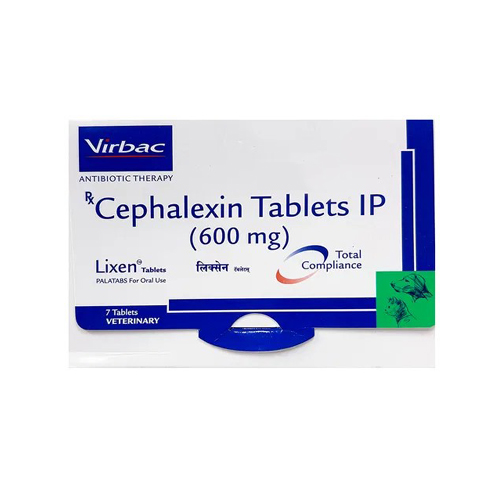
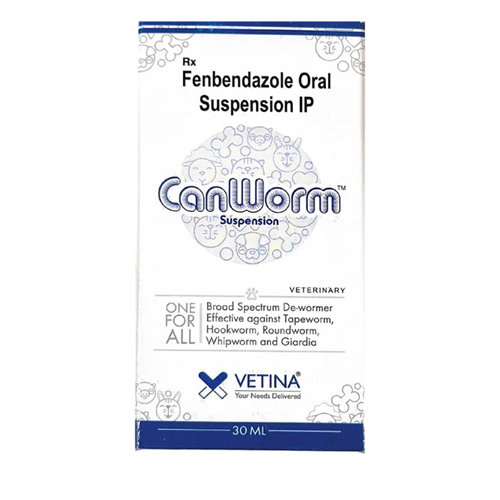


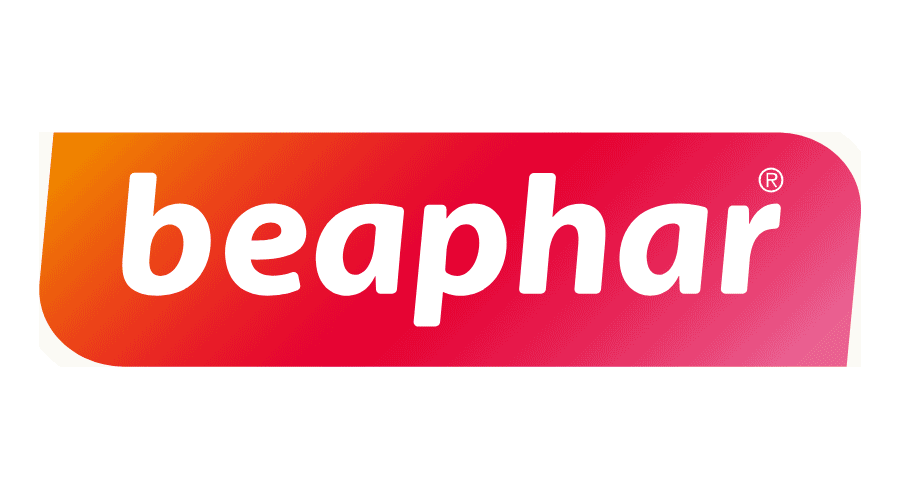
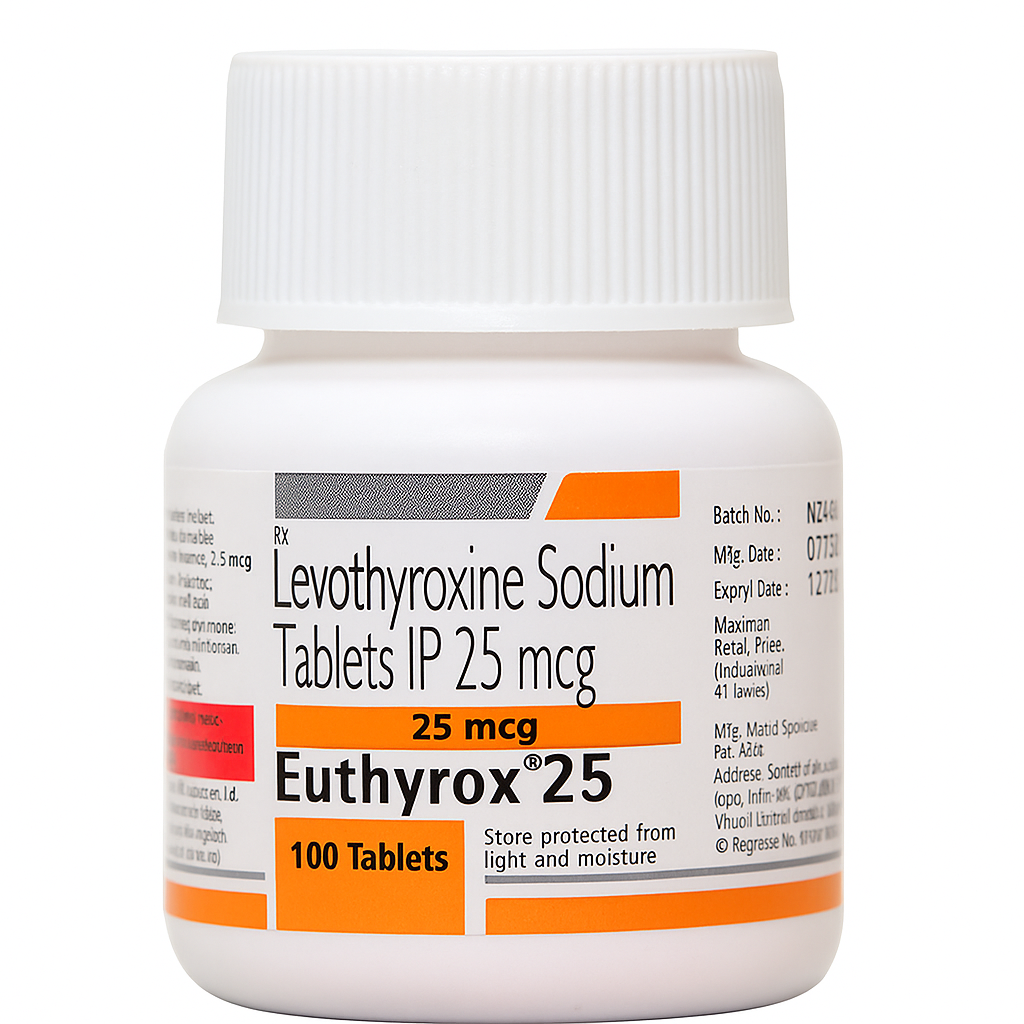
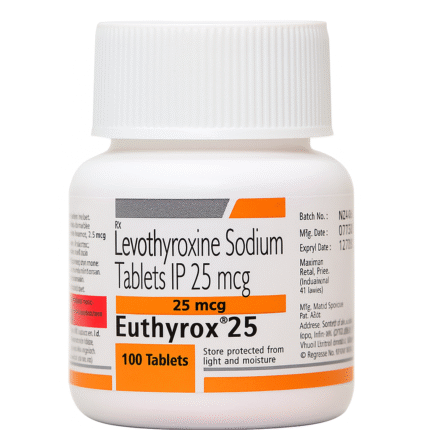


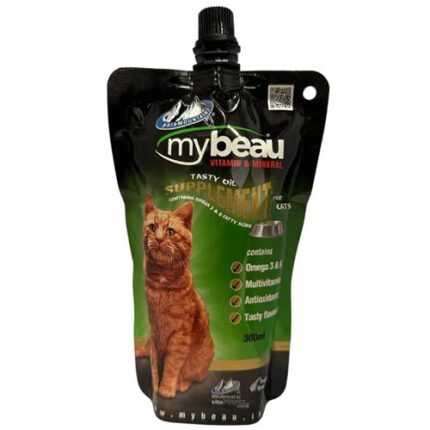
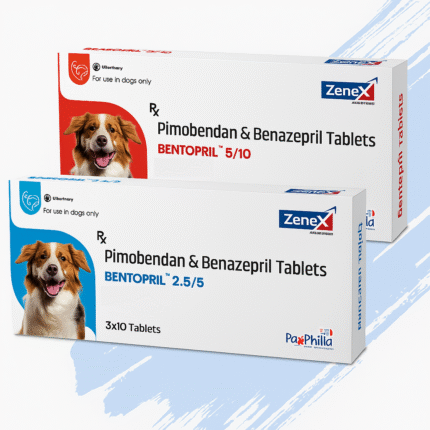
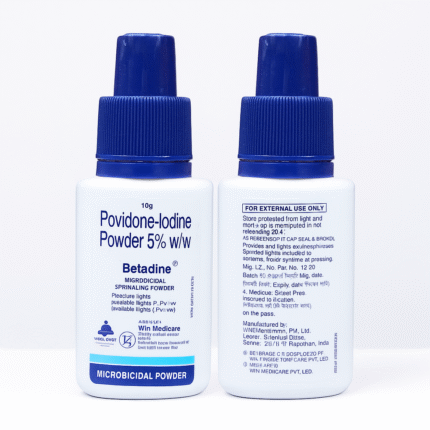
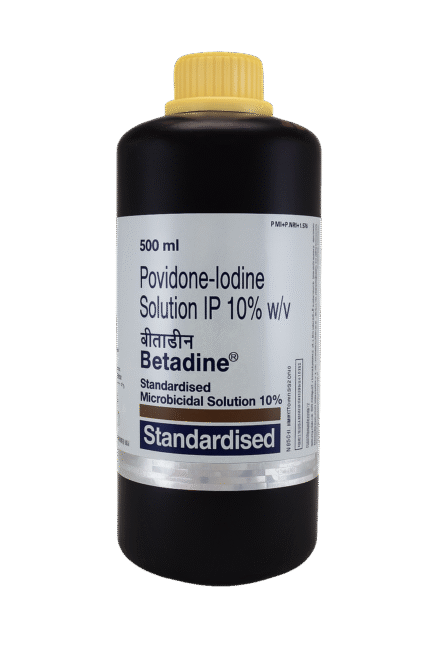
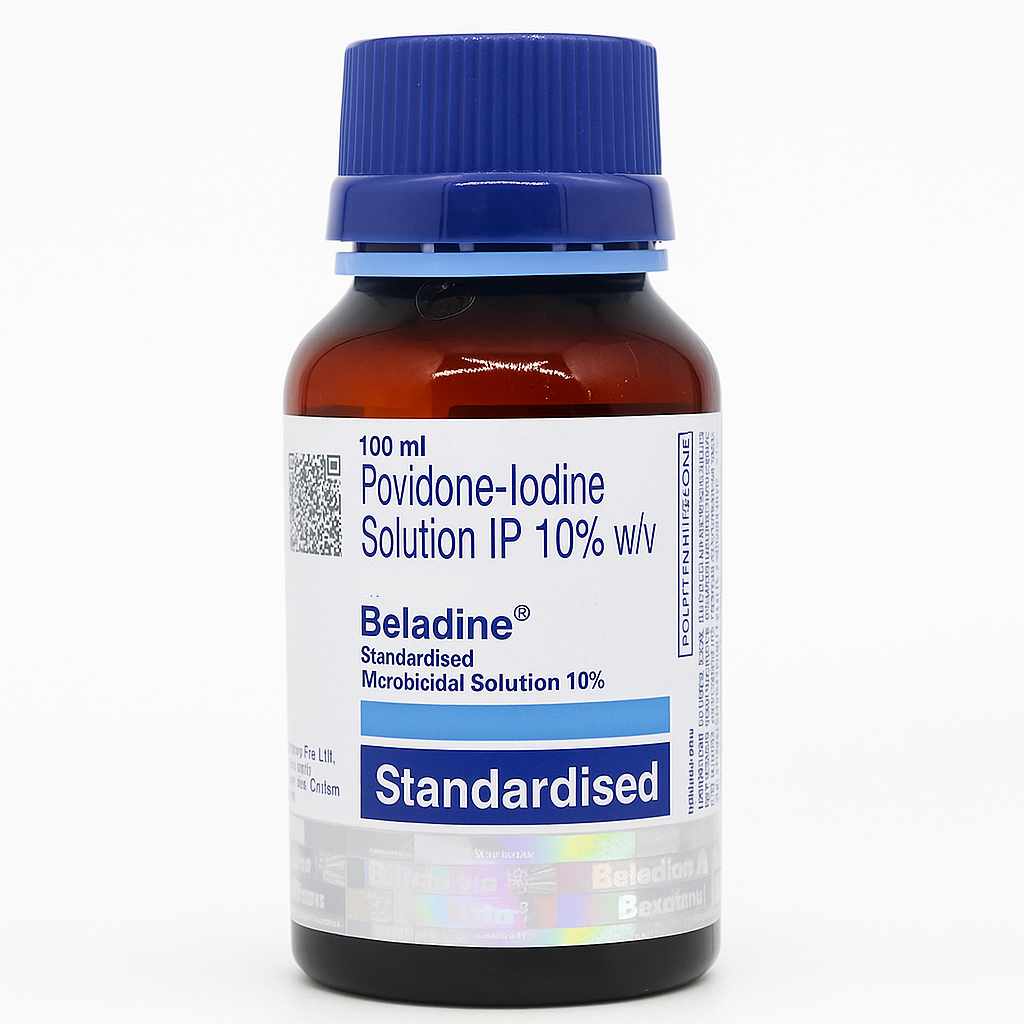


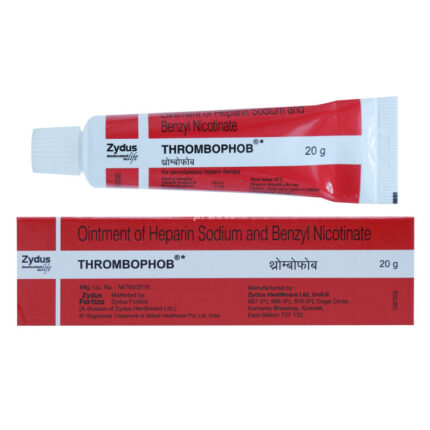
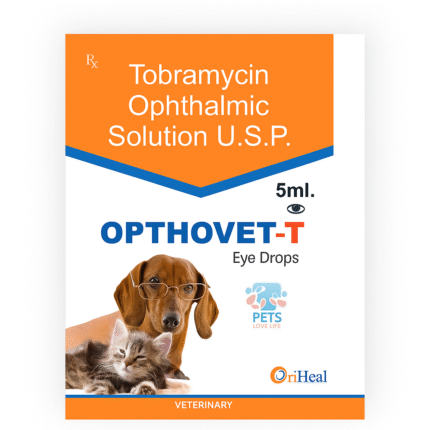
Reviews
There are no reviews yet.